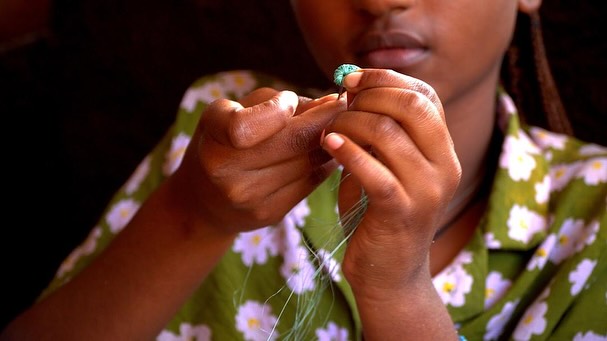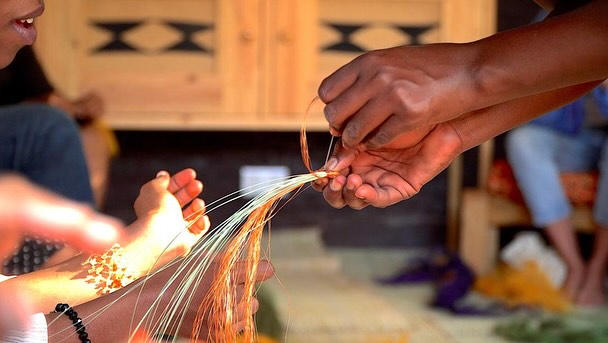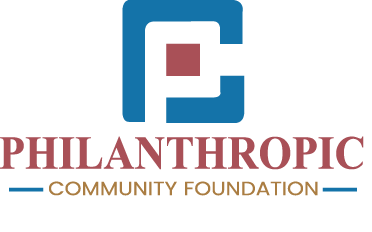
Empowering Communities Through Handmade Products: The Art of Skilling at Philanthropic Commuinty Foundation
In a world increasingly driven by mass production and automation, the beauty and value of handmade products often get overlooked. Yet, these creations—crafted with care, skill, and cultural heritage—are more than just objects; they are stories, livelihoods, and pathways to empowerment. At [Your Foundation’s Name], we believe in harnessing the power of handmade products to transform lives and uplift communities. Through our skilling programs, we are empowering individuals to preserve traditions, embrace sustainability, and build brighter future






Why Focus on Handmade Products
Handmade products hold a unique place in both local and global markets. They represent authenticity, craftsmanship, and cultural identity. For many marginalized or underserved communities, creating handmade goods is not just an art form—it’s a lifeline. By teaching individuals, the skills needed to design, produce, and market these products, we provide them with tools for economic independence and self-sufficiency.
Our foundation’s mission aligns perfectly with this vision: to empower communities through education, opportunity, and sustainable practices. Through our skilling programs, we aim to
- Preserve Cultural Heritage: Many traditional crafts are at risk of being lost as younger generations move away from artisanal work. Our program ensures that these skills are passed down and celebrated.
- Promote Sustainability: By using eco-friendly materials and methods, we reduce waste and encourage environmentally conscious practices.
- Foster Economic Growth: Participants gain the ability to earn a living while contributing to their local economies.
How Our Program Works
At [Your Foundation’s Name], we take a holistic approach to skilling in handmade products. Here’s how we turn raw talent into thriving businesses:
1. Comprehensive Training
We offer hands-on workshops covering a wide range of skills:
- Basic Techniques: From embroidery and weaving to pottery and woodworking, participants learn foundational skills.
- Advanced Methods: Experienced artisans can explore intricate designs, modern adaptations, and digital tools for marketing.
- Business Skills: Understanding pricing, budgeting, inventory management, and customer service is key to running a successful venture.
2. Mentorship and Collaboration
Participants benefit from guidance by master artisans who share their expertise and experiences. Peer-to-peer learning fosters collaboration, creativity, and mutual support.
3. Access to Resources
We provide access to affordable materials, tools, and shared workshop spaces so participants can focus on honing their craft without worrying about logistics.
4. Market Linkages
One of the biggest challenges artisans’ faces is reaching buyers. We bridge this gap by:
- Organizing local fairs, exhibitions, and pop-up shops.
- Teaching participants how to sell online via platforms like Etsy, Amazon Handmade, and social media.
- Partnering with retailers, boutiques, and fair-trade organizations to showcase their products.
Success Stories That Inspire
The true measure of our program lies in the success of its participants. Here are two inspiring stories from our community:
Story 1: Reviving Tradition
Rani, a young woman from a rural village, joined our program unsure if her embroidery skills could translate into income. After completing advanced training in modern design techniques, she began creating stunning embroidered scarves that blend tradition with contemporary styles. Today, Rani sells her products online and collaborates with fashion designers, earning enough to support her family and send her children to school.
Story 2: Building a Brand
A group of women artisans formed a cooperative after graduating from our program. With our help, they developed a brand focused on eco-friendly home decor items made from recycled materials. Their products now sell in high-end boutiques across the country, proving that sustainability and style go hand in hand.
Challenges and Solutions
While the journey has been rewarding, it hasn’t been without challenges. Some common hurdles include:
- Limited Market Exposure: To overcome this, we’ve invested in digital marketing and storytelling to highlight the uniqueness of handmade products.
- Scaling Production: We teach participants efficient techniques to increase output without compromising quality.
- Competition from Mass-Produced Goods: By emphasizing the authenticity, craftsmanship, and ethical sourcing of handmade products, we appeal to conscious consumers willing to pay a premium for quality.
Join Us in Making a Difference
Our skilling program is more than just a training initiative—it’s a movement to create lasting change. But we can’t do it alone. Whether you’re an individual looking to support artisans, a business interested in collaborating, or someone passionate about preserving culture and promoting sustainability, there are many ways to get involved:
- Volunteer: Share your expertise as a mentor or trainer.
- Partner: Collaborate with us to amplify impact through retail partnerships, sponsorships, or joint projects.
- Shop Ethically: Purchase handmade products directly from artisans or recommend them to others.
- Donate: Your contributions help us expand our reach and deepen our impact.
Looking Ahead
As we continue to grow, our goal is to scale this program to reach even more communities. By replicating our model in new regions, fostering international collaborations, and embracing innovation, we hope to touch thousands of lives in the years to come.
Handmade products are more than just beautiful creations—they are symbols of resilience, creativity, and possibility. Together, let’s celebrate the art of craftsmanship and empower communities to thrive.
All Categories
Recent Posts
Empowering Communities Through Handmade Products: The Art of Skilling at Philanthropic Commuinty Foundation
Philcom fitness week launched at skatepark kitintale
Climate change: The Urgency of Climate Action and the Role of Philanthropy
Become a Philanthropist
info@philcomfoundation.org




